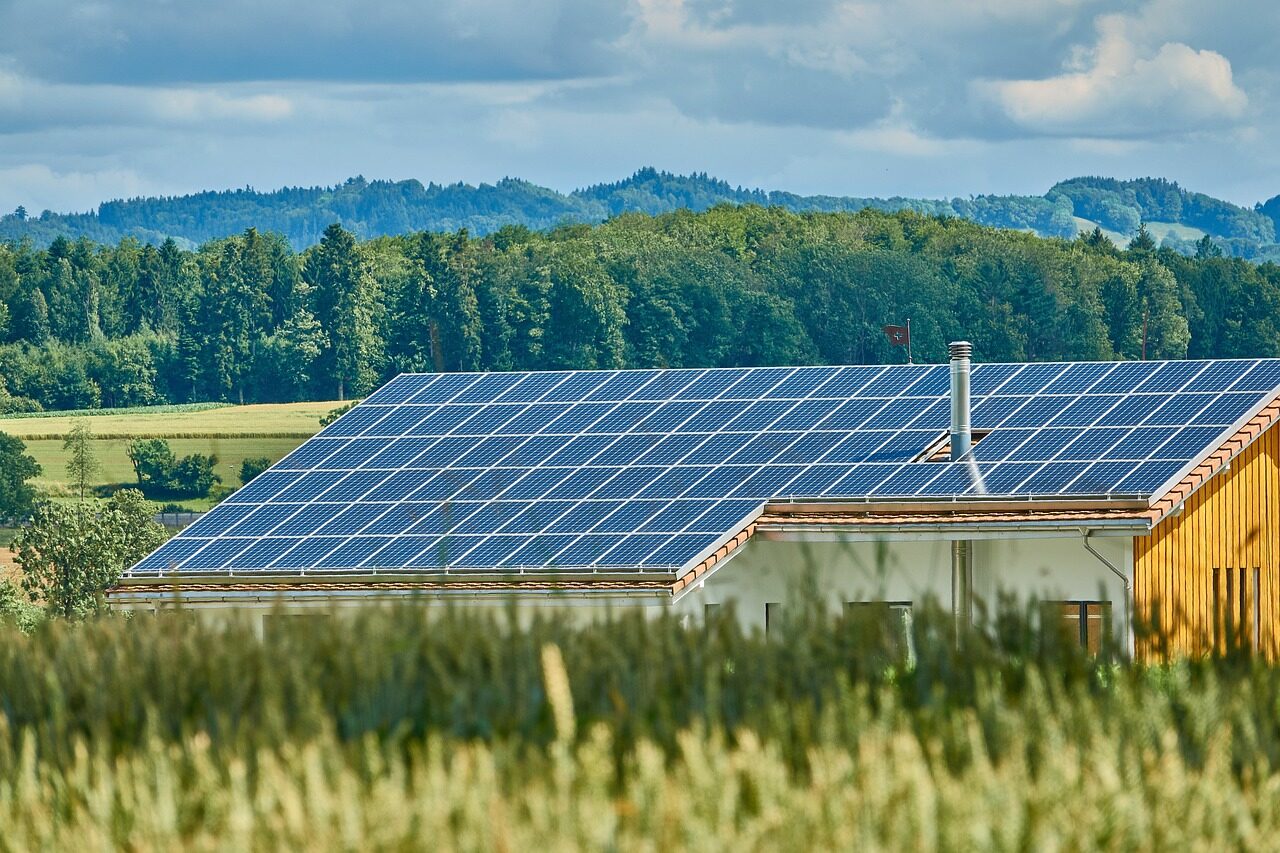Email cannot be empty
Password cannot be empty
Email format error
Email cannot be empty
Email already exists
6-20 characters(letters plus numbers only)
The password is inconsistent
Email format error
Email cannot be empty
Email does not exist
6-20 characters(letters plus numbers only)
The password is inconsistent


With the increasing concerns about climate change and the need to transition to cleaner energy sources, many households are turning to solar energy systems as a sustainable alternative. In recent years, there has been a growing trend towards using solar energy storage systems, which not only help save on electricity costs but also provide several environmental benefits. In this blog post, we will explore some of these environmental benefits and highlight why investing in a household solar energy storage system can be a wise decision.
1. Reduces greenhouse gas emissions:
One of the significant advantages of using a solar energy storage system is its ability to reduce greenhouse gas emissions. Most households rely on electricity derived from fossil fuels, such as coal or natural gas, which release harmful greenhouse gases when burned. By generating and storing energy from the sun, households can significantly decrease their reliance on grid electricity, subsequently reducing the amount of greenhouse gases produced.
2. Promotes renewable energy:
Utilizing a household solar energy storage system promotes the use of renewable energy. Unlike fossil fuels, solar energy is an abundant and inexhaustible resource. By harnessing the power of the sun, households contribute to the development of a more sustainable and environmentally friendly energy sector, reducing dependency on fossil fuels and promoting a cleaner and greener future for generations to come.
3. Enhances energy efficiency:
Solar energy storage systems allow homeowners to store excess energy generated during the day for use during nighttime or periods of higher energy demand. This helps maximize the utilization of renewable energy, resulting in higher energy efficiency. By being able to store and use solar energy at any hour, households can reduce their reliance on non-renewable energy sources, such as coal or natural gas, that are often used to meet peak electricity demand.
4. Minimizes transmission and distribution losses:
Transmitting and distributing electricity over long distances results in energy losses due to resistance in the power lines. However, with a household solar energy storage system, the energy generated is directly consumed on-site, minimizing transmission and distribution losses. This not only leads to cost savings but also reduces the environmental impact associated with energy losses during transmission.
5. Decreases dependence on the grid:
By investing in a solar energy storage system, households can become less dependent on the national grid for their electricity needs. During blackouts or power outages, households with solar energy storage systems can continue to operate independently and have a constant supply of electricity. This reduces the burden on the grid, making it more reliable and resilient in times of high demand or emergencies.
Conclusion:
The adoption of a household solar energy storage system offers numerous environmental benefits. It reduces greenhouse gas emissions, promotes the use of renewable energy, enhances energy efficiency, minimizes transmission and distribution losses, and decreases dependence on the grid. As governments and individuals strive to build a sustainable future, investing in solar energy storage systems can play a significant role in mitigating climate change and preserving the environment for future generations.